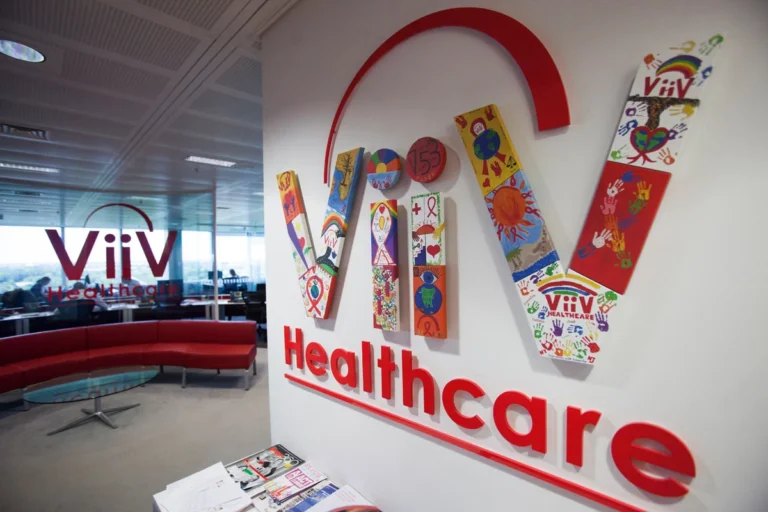
The Blood and Marrow Transplant Clinical Trials Network (BMT CTN) will present new findings at the 66th American Society of Hematology (ASH) Annual Meeting in San Diego. The data demonstrates that a donor search prognosis score enables physicians to expedite the process of moving blood cancer patients to hematopoietic cell transplant (HCT) using alternative donors, without affecting outcomes such as overall survival (OS) at two years post-evaluation. Researchers from BMT CTN, CIBMTR® (Center for International Blood and Marrow Transplant Research®), The Emmes Company, and NMDPSM developed the donor search prognosis score, which is based on patients’ HLA type and self-reported race/ethnicity. The score helps predict the likelihood of finding a matched (8/8) unrelated donor (MUD). By using alternative donors when the chances of finding a MUD are low, patients achieved similar survival rates. These findings will be presented orally at the ASH 2024 meeting.
In the first national study of the entire donor search process, researchers explored whether a score-based strategy could help transplant centers avoid unnecessary searches for a fully matched donor for patients unlikely to find one. The approach focused on alternative donors, including mismatched unrelated donors (MMUD), haploidentical related donors, and umbilical cord blood, aiming to improve transplant rates and patient outcomes. The study found no differences in clinical outcomes such as relapse, treatment-related mortality, disease-free survival, and acute or chronic graft-versus-host disease (GVHD).
“Timely transplant is often the best option for patients, as delays can worsen disease progression, leading to complications and worse outcomes,” said Dr. Stephanie Lee, the study’s principal investigator. She emphasized that the donor search prognosis score helps transplant teams make quick, evidence-based decisions about pursuing alternative donor options when necessary.
The study enrolled 1,751 patients with blood cancers and disorders, including lymphoma, leukemia, and sickle cell disease, from 47 national transplant centers. Using the search prognosis score, patients were classified into three groups based on their likelihood of finding a matched unrelated donor (MUD): Very Likely, Less Likely, and Very Unlikely. Patients in the Very Likely group proceeded with a MUD transplant, while those in the Very Unlikely group were directed to alternative donor sources. Researchers compared overall survival between the two groups using a pre-specified statistical model.
Dr. Steven Devine, Chief Medical Officer of NMDP, noted that these results provide physicians with confidence to explore the best available alternative donor options, improving outcomes for patients who traditionally had lower chances of finding a match.
As a result of these findings, the National Marrow Donor Program (NMDP) is implementing this strategy at six U.S. centers and plans to study optimal donor identification methods for underserved patients.
The Blood and Marrow Transplant Clinical Trials Network (BMT CTN) conducted the study, which is part of a broader effort to evaluate promising cell therapies for patients with life-threatening blood cancers and disorders.
ASH Annual Meeting Oral Presentation:
- Title: Allogeneic Transplantation: Disease Response and Comparative Treatment Studies: Finding the Ideal Donor and Graft: Going Beyond HLA
- Presenting Author: Dr. Stephanie J. Lee, Professor and Associate Director, Clinical Research Division, Fred Hutch Cancer Center
- Session: Oral; Likelihood of Finding an 8/8 HLA-Matched Unrelated Donor (Donor Search Prognosis) is Not Associated with Survival: Primary Results from BMT CTN 1702
- Abstract Number: 695
- Date & Time: Sunday, Dec. 8; 4:30–6 p.m. PST
- Location: San Diego Convention Center, Room 6A
Other Relevant Sessions:
- Title: OPTIMIZE: A Phase II Study of Reduced Dose Post-Transplantation Cyclophosphamide as GVHD Prophylaxis in Adult Patients with Hematologic Malignancies Receiving HLA-Mismatched Unrelated Donor Peripheral Blood Stem Cell Transplantation
- Presenter: Dr. Jeffery J. Auletta
- Session: Poster II
- Abstract Number: 3514.1
- Date & Time: Sunday, Dec. 8; 6-8 p.m. PST
- Location: San Diego Convention Center, Halls G-H
- Title: Addressing Patient Representation in Hematopoietic Cell Transplant Clinical Trials: Insights Gained Through the ACCESS Trial
- Presenter: Dr. Jeffery J. Auletta
- Session: Poster II
- Abstract Number: 3672
- Date & Time: Sunday, Dec. 8; 6-8 p.m. PST
- Location: San Diego Convention Center, Halls G-H
About the BMT CTN: The Blood and Marrow Transplant Clinical Trials Network (BMT CTN) conducts clinical trials to improve survival for patients undergoing hematopoietic cell transplantation and cellular therapies. BMT CTN has completed 52 Phase II and III trials across over 100 transplant centers and enrolled more than 16,600 participants.
About CIBMTR: CIBMTR (Center for International Blood and Marrow Transplant Research®) is a nonprofit research collaboration that facilitates critical research to improve survival and quality of life for transplant patients worldwide. It works with a large network of centers and a unique database of clinical data on over 680,000 transplant recipients.
About NMDP: The National Marrow Donor Program (NMDP) is a nonprofit organization that connects patients with blood stem cell donors to accelerate innovation in cell therapy. It is committed to expanding access to treatment, helping all patients receive life-saving transplants.




